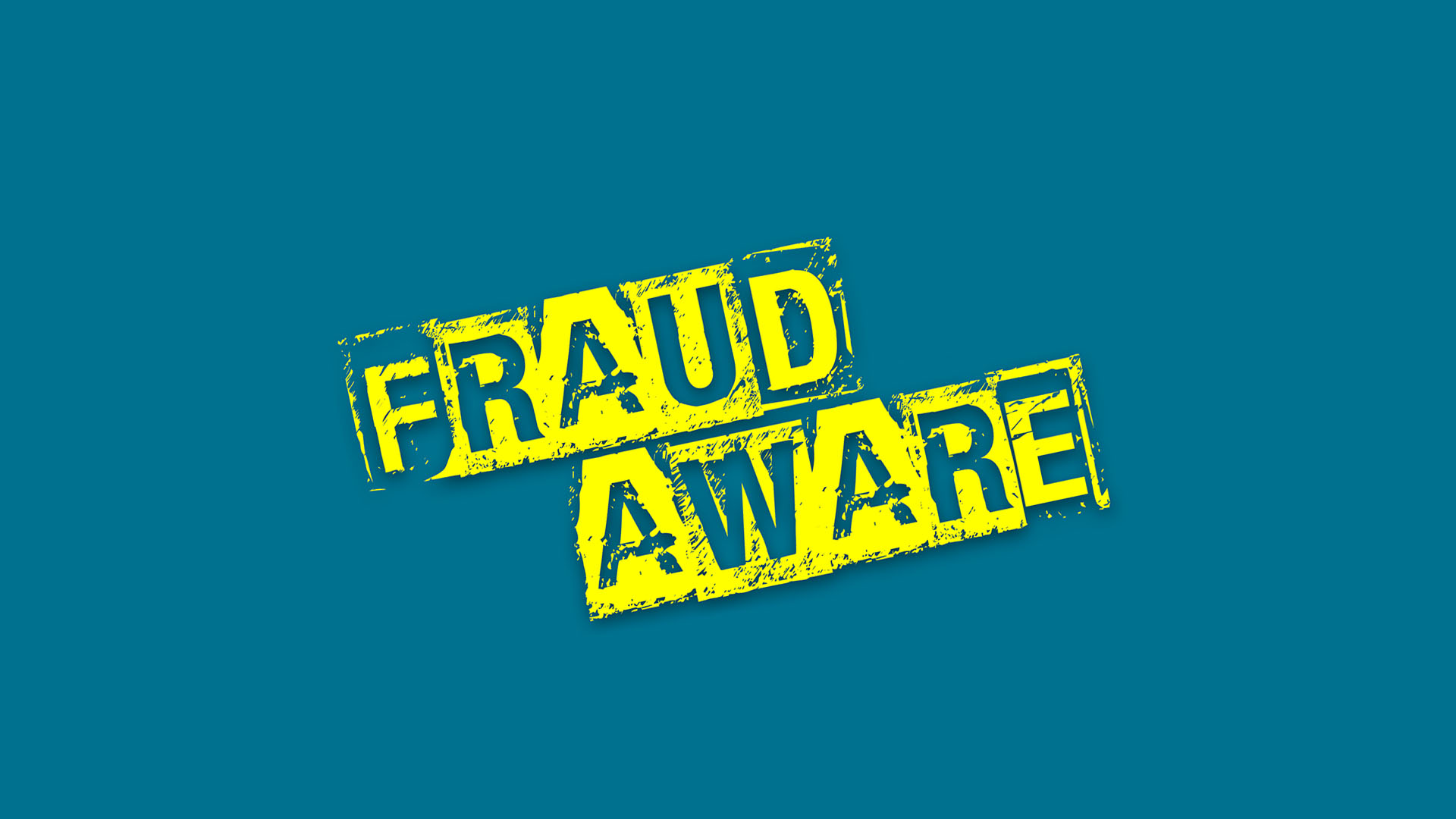10 March 2025
What is a Money Mule?
Protect Yourself from Money Mule Scams
In today’s digital age, financial scams are becoming increasingly sophisticated, and one of the most concerning threats is the recruitment of ‘money mules.’ FraudSMART, an initiative led by Banking & Payments Federation Ireland, has issued crucial advice to help individuals avoid falling victim to money mule recruiters. We are committed to raising awareness about this growing issue and ensuring that our members remain vigilant against financial fraud.
In 2024 FraudSMART published their Money Mules Survey.
The survey revealed that;
• Nearly half (45%) of 18–24-year-olds reported that they, or someone they know, have been approached to use their bank account to transfer money.
• 25% of 18-24 year olds are unaware that it could help fund other criminal activity, 38% do not understand they could face jail time, and 57% are unaware it could affect their ability to obtain international travel or work visas.
So What is a Money Mule?
A money mule is someone who allows their bank or credit union account to be used to move illegally obtained money. Criminals trick unsuspecting individuals into receiving and transferring funds, often in exchange for a small commission. While it may seem like easy money, acting as a money mule is illegal and can result in severe consequences, including a criminal record.
How Do Money Mule Recruiters Target People?
Recruiters often target young people, students, and those in financial distress by promising easy cash for minimal effort. They may approach individuals via social media, unsolicited emails, or even in person. These scams can be disguised as job offers, investment opportunities, or favours for a ‘friend’ in need.
FraudSMART’s Key Advice to Stay Safe
To protect yourself from becoming a money mule, be aware of these warning signs and follow these essential precautions:
- Be Cautious of Easy Money Offers: If an opportunity sounds too good to be true, it probably is. Be especially wary of unsolicited emails, messages, or social media posts offering quick and easy money with little effort required.
- Thoroughly Research Work-From-Home Jobs: If you come across a work-from-home opportunity, take the time to research the company. Check reviews, official websites, and verify their legitimacy before engaging in any transactions.
- Beware of Overseas Companies Seeking ‘Local Representatives’: Some fraudulent schemes involve companies claiming to need a local agent to facilitate payments. These can be difficult to verify and may be an attempt to recruit you as a money mule.
- Never Share Your Account Details: Your account is personal and should only be used by you. Never share your account details with anyone, especially individuals or companies you do not know and trust.
- Do Not Allow Others to Use Your Bank Account: If someone asks you to use your account to receive and transfer money, refuse immediately. This is a key indicator of money mule activity, and participation in such schemes is a criminal offence.
- Never Open a Bank or Credit Union Account on Behalf of Someone Else: If you are asked to open an account in your name to facilitate payments for a ‘friend’ or another person, say no. This is a serious red flag and could lead to legal repercussions.
What to Do If You Suspect Fraud?
If you believe you have been approached by a money mule recruiter or have already engaged in suspicious activity, seek help immediately. Contact your credit union, bank, or An Garda Síochána for advice. Reporting suspicious activity can protect you and prevent further financial crime.
Stay Vigilant and Informed
At Mountmellick Credit Union, we are committed to helping our members stay informed about financial security. Always exercise caution when dealing with financial transactions, especially online. By staying alert and following the advice from FraudSMART, you can protect yourself from scams and contribute to a safer financial community.
For more information on fraud prevention, visit www.fraudsmart.ie





